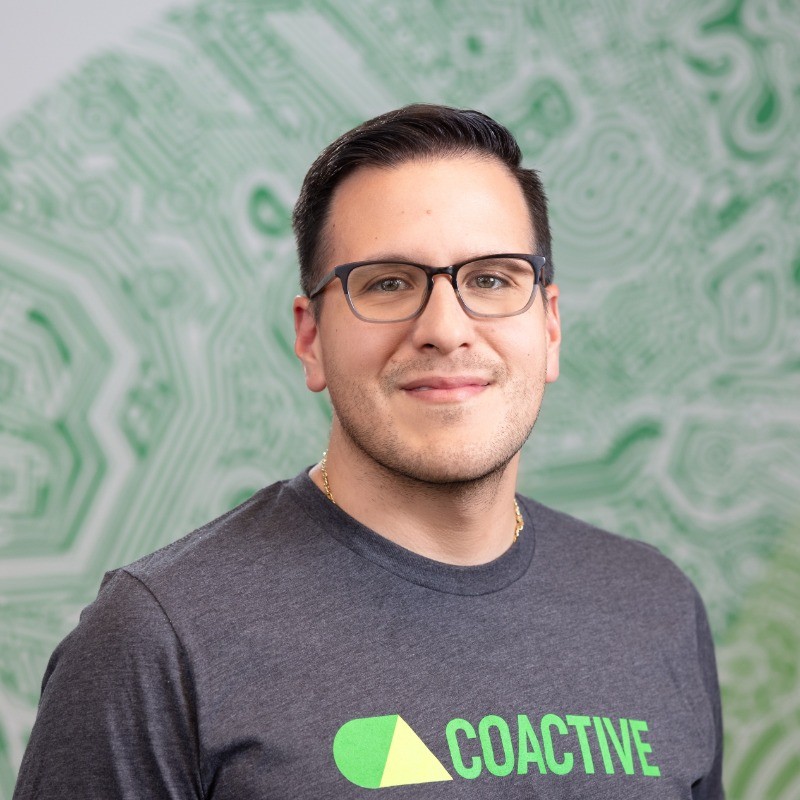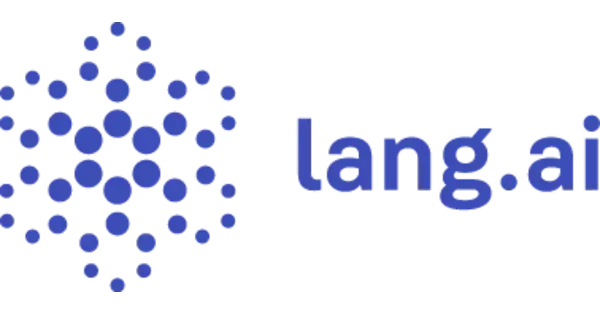Ready to launch your own podcast? Book a strategy call.
Frontlines.io | Where B2B Founders Talk GTM.
Strategic Communications Advisory For Visionary Founders
Conversation
Highlights
From Big Four to AI Security Pioneer: How Cranium is Defining a New Category
The fear surrounding artificial intelligence isn’t just media hype – it’s a tangible concern that Jonathan Dambrot has witnessed firsthand while building Cranium, an AI security platform. “I’ve never seen more fear around any type of technology than AI,” he shares in a recent episode of Category Visionaries. “If we don’t solve this the right way, this fear will manifest into something really bad.”
This observation crystallizes why Cranium’s mission matters. As AI adoption accelerates at an unprecedented pace, the need for security and transparency becomes critical. Jonathan illustrates this dramatic shift: “We moved from basically a linear innovation environment where AI had penetration rates of about 20% to, like, an exponential AI penetration rate of 80% to 90% in a six month period.”
Building Category Awareness Through Community
Rather than taking a solo approach to category creation, Jonathan and his team have focused on building consensus through collaboration. “We have been working really hard to make sure from a category perspective, we have good consensus,” he explains. Their work with organizations like ISAACS and the Global Resilience Federation brought together industry leaders including Microsoft, Mitre, CISA, and others to develop practitioner guides for AI security.
This collaborative approach serves multiple purposes. It helps establish standards for the emerging category while simultaneously positioning Cranium as a thought leader. More importantly, it acknowledges that securing AI systems requires an ecosystem-wide effort.
Navigating the Regulatory Landscape
The regulatory environment for AI is evolving rapidly, creating both challenges and opportunities. Jonathan points to potential issues with fragmented regulation: “The problem in the US is you’re going to see this very similar to the way that GDPR versus some of the stateside privacy regulations work… if we’re not careful, it can become very bifurcated.”
This regulatory complexity is further complicated by varying international approaches. “India has already said, they’re not going to regulate AI,” Jonathan notes. “They’re hugely regulating privacy. But when it comes to AI, there’s going to be no regulation.” This creates interesting dynamics for where companies choose to develop and deploy AI technologies.
Rather than viewing regulation as an obstacle, Cranium has actively engaged with regulators at both state and federal levels. This proactive approach helps ensure that upcoming regulations balance innovation with necessary safeguards.
Building for Rapid Change
The pace of AI innovation presents unique challenges for building products. Jonathan reflects on lessons learned: “There were some things that we decided to do early on that I think were informed by the conversations we had with our design partners a couple of years ago that we’re modifying now because of, obviously, the changes in these models.”
This rapid evolution means companies must build with unprecedented flexibility. As Jonathan emphasizes, “If you’re not building right now to keep up with that change in that pace, you’re dead.”
Looking Ahead
The next three to five years will be critical for AI adoption and security. Jonathan predicts a significant divide between companies that embrace AI thoughtfully and those that delay: “I think those that really understand it, they start building around it, they really take it and accept it today and start building it into everything that they’re doing are going to be in a much better position.”
His vision remains optimistic but grounded in reality: “In most cases, if you build AI and ML systems appropriately and you do it the right way and it’s for good, and you’re solving big problems, we can do things that we could never have imagined in the past.”
For founders building in the AI space, Jonathan’s journey with Cranium offers valuable lessons: engage with the ecosystem, stay ahead of regulatory changes, and build with the flexibility to adapt to rapid technological evolution. Most importantly, focus on solving meaningful problems that address real concerns about AI security and transparency.
The stakes couldn’t be higher. As AI continues its exponential growth trajectory, the companies that get security and transparency right will play a crucial role in ensuring this transformative technology delivers on its promise while maintaining public trust.
Actionable
Takeaways
Collaborate with Stakeholders to Define Best Practices:
To help establish AI security as a recognized discipline, Cranium has worked closely with industry groups like the Isaacs and the Global Resilience Federation to develop practitioner guides in collaboration with a diverse set of organizations. By bringing together experts from across sectors to codify best practices, taxonomies, and frameworks, the company is positioning itself as a thought leader and helping to create a shared language for the field. Founders should seek out opportunities to convene stakeholders and drive consensus around the key tenets of their category.
Engage Regulators Early and Often to Shape Policy:
With the regulatory landscape around AI evolving rapidly, Jonathan and his team have proactively engaged with policymakers at the state and federal levels to educate them on the risks and opportunities associated with the technology. By providing a practitioner's perspective on the technical, operational, and ethical considerations of AI governance, Cranium aims to help craft smart, balanced regulations that protect consumers without stifling innovation. Founders operating in regulated industries should view government relations as an essential component of their go-to-market strategy.
Plan for Lumpy, Fragmented Regulation Across Jurisdictions:
As different countries and regions adopt their own approaches to AI regulation, ranging from the comprehensive EU AI Act to India's hands-off stance, companies will need to navigate an increasingly complex patchwork of requirements. Jonathan advises founders to anticipate this regulatory fragmentation and build flexibility into their products and processes to adapt to divergent standards across markets. At the same time, advocate for harmonized, principles-based frameworks that provide clarity and consistency for innovators.
Design for Exponential Change and Recursive Improvement:
With the pace of progress in AI accelerating from linear to exponential, thanks to advances in generative models, problem-solving engines, and quantum computing, Jonathan stresses the importance of architecting products and business models that can keep up with the rate of change. Cranium has had to modify its roadmap and capabilities to accommodate the radical shifts in the AI landscape over the past two years, and the company is building with an eye towards a future of recursive, self-improving systems. Founders must internalize the exponential trajectory of AI and design for a world where the only constant is change.
Prioritize Adoption Today to Avoid Disruption Tomorrow:
Jonathan warns that organizations that fail to embrace AI and start integrating it into their operations risk being left behind by competitors that are leveraging the technology to drive productivity gains and business model innovation. While the short-term impacts on jobs and processes may be disruptive, the long-term costs of inaction are likely to be far greater. Founders should help their customers understand the urgency of adoption and provide them with the tools and guidance to implement AI in a secure, responsible, and strategically sound manner.
























































































